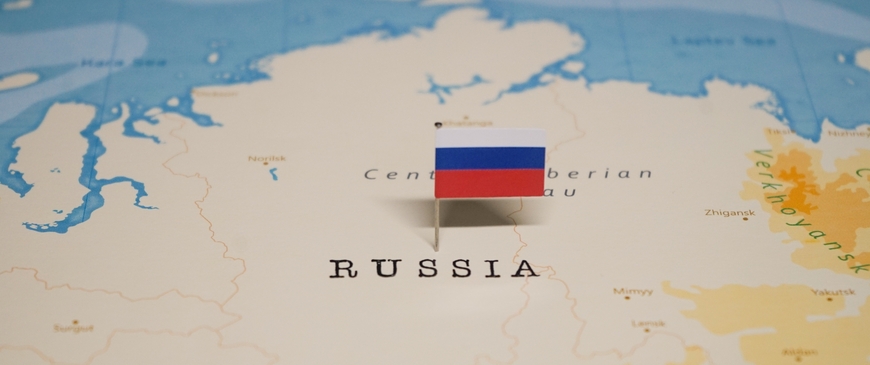
CER/Carnegie Europe hybrid discussion on 'The end of the near abroad'
Speakers:
Thomas de Waal, Senior Fellow, Carnegie Europe
Anna Matveeva, Visiting Senior Research Fellow, Russia Institute, King's College London
Chair: Ian Bond, Deputy Director, Centre for European Reform
The event gave us a chance to hear from Thomas de Waal on how Russia's attack on Ukraine has influenced views of Russia, both governmental and popular, in Russia's neighbours. His recent paper for Carnegie Europe examines relations between Russia and its former Soviet neighbours 30 years after the fall of the Soviet Union. Russian President Vladimir Putin's unprovoked invasion of Ukraine marked a historical juncture for countries beyond Ukraine and Russia. The war has reverberated across neighbouring regions, making states in Eastern Europe, the Caucasus, and Central Asia feel deeply insecure. As such, it has ended the notion of the 'near abroad' - the idea that Russia enjoys a special status in much of the post-Soviet space. But rather than disengaging from Moscow, Russia's neighbours have sought to rebalance their relationships to their advantage, increasing trade and connectivity with Russia, while also seeking (and getting) more attention from the West.
